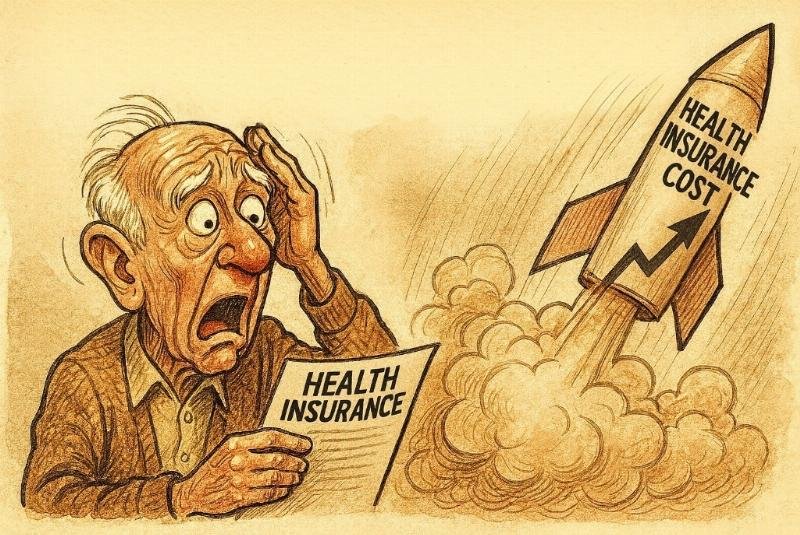Now Reading: Democrats driving up seniors’ healthcare costs
-
01
Democrats driving up seniors’ healthcare costs
Democrats driving up seniors’ healthcare costs

Article Summary
The piece critiques the ACA for diminishing competition in the health insurance market by removing limits on coverage and penalizing insurers, while simultaneously failing to address the factors driving up costs. It highlights that as premiums escalated—over 500% for individual insurance and over 400% for family coverage—Democrats responded by increasing subsidies for insurance, reflecting a cycle that further inflated costs rather than alleviating them. The article notes an omission in the ACA regarding limits on lawsuit damages, suggesting financial ties between Democrats and trial lawyers influenced this decision, which exacerbated costs.
Following the ACA, the IRA is portrayed as another misguided attempt by Democrats to address healthcare issues, allegedly offering seniors benefits that would, in reality, lead to higher premiums and fewer options. The author claims that the advertised reductions in out-of-pocket costs mask a trend of rising premiums and reduced plan availability. The statistics presented indicate significant jumps in prescription drug costs, defying promises of affordability and implying a disconnect between governmental claims and actual outcomes for consumers.
The article shares personal anecdotes to illustrate how rapidly premiums have escalated, emphasizing the burdens placed on seniors and the ensuing lack of choice in the market. The drastic percentage increases in premiums for prescription plans accentuate the narrative that government interventions have worsened, rather than improved, healthcare affordability. The author suggests that these changes misrepresent the successes portrayed by political leaders and the media.
Ultimately, the critique extends to the broader impact of government subsidies in healthcare, arguing they are difficult to repeal once established, regardless of their effectiveness. The text decries the media’s role in perpetuating the narrative that healthcare has become more affordable while neglecting the real financial hardships faced by consumers. The author questions the integrity of journalism that adheres to political talking points, suggesting that the disconnect between governmental policies and the lived experiences of the populace deserves greater scrutiny.












